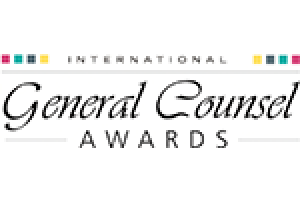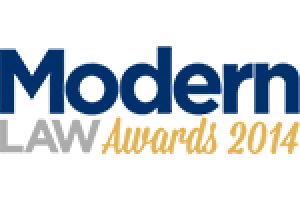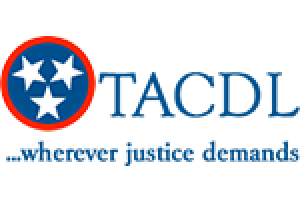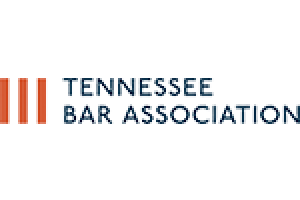Dedicated. Passionate.
School Zone Drug Violations
Lawyer Defending Clients in Nashville
Tennessee has made aggressive efforts to protect teens and kids from illegal drug activity, including laws that provide stiffer sentences for drug crimes committed near schools. If you have been arrested for dealing narcotics within a school zone, a Nashville drug crime attorney can help you fight for a fair outcome. Bernie McEvoy is a former prosecutor with significant experience defending people against charges for school zone drug violations in Nashville and surrounding areas. He can provide legal advice regarding drug-free zone violations and protect your rights.
School Zone Drug Violations in Tennessee
Enacted in 1995, the Tennessee Drug-Free School Zone Act (the “Act”) was intended to deter illegal drug activity near environments where children learn and play. The Act provides enhanced and minimum penalties for drug offenses that are committed in a drug-free school zone. The Act applies to crimes for unlawfully manufacturing, delivering, or selling a controlled substance, as well as possessing a controlled substance with the intent to manufacture, deliver, or sell it. It covers prescription medications, synthetic drugs, marijuana, and other controlled substances.
Drug-free school zones in Tennessee include the grounds or facilities of any middle school, elementary school, preschool, child care agency, park, recreation center, or public library. Drug-free school zones also encompass the surrounding real property up to either 500 feet from the school grounds, or to the boundary of a divided federal highway, whichever is less. Significantly, the Act was amended in 2020 to reduce drug-free zones from 1,000 to 500 feet of the school. Any school zone drug violation that occurred after the amended law went into effect must be committed within the reduced area.
Tennessee laws provide no exceptions for people who unintentionally or unknowingly violate the Drug-Free School Zone Act. Even if a person was unaware that they were in a drug-free zone at the time of the offense, their intent to commit the underlying drug offense is sufficient. Likewise, it does not matter that school was not in session, that no children witnessed the crime, or that no minors were involved in the offense to trigger enhanced penalties.
Penalties for School Zone Drug Violations
The enhanced penalties for a school zone violation are triggered only after a defendant is convicted of the underlying drug crime, and the prosecution proves that the offense was committed within a school zone. Under the Act, the underlying offense may be punished one classification higher than is provided under Tennessee drug laws. For example, selling less than 0.5 grams of cocaine is typically a Class C felony offense, but a conviction may be punishable as a Class B felony if it involved a school zone drug violation.
The defendant may face additional penalties for a school zone drug violation, such as a large fine, and in some cases may be ordered to serve at least the minimum sentence for the offense. For most defendants, however, the 2020 amendment to the Drug-Free School Zone Act no longer requires they be sentenced to a mandatory minimum period of incarceration. Rather, the current law provides a presumption against serving a minimum sentence. That presumption may only be overcome if the court finds that the defendant’s conduct exposed minors to the dangers that are incident to illegal drug activity. An attorney with experience in school zone drug violations can look for defenses that may be available in your case.
Contact a Lawyer in Nashville to Protect Your Rights
Defending against charges for a school zone drug violation may help to avoid harsh penalties and conviction. Attorney Bernie McEvoy handles marijuana and narcotics crime cases throughout Williamson and Davidson Counties, including Franklin and Nashville. He can also assist people charged with DUIs, domestic violence, and other offenses. Arrange a free consultation today by calling the Law Office of Bernie McEvoy at (615) 255-9595 during the day or (615) 804-8779 on evenings and weekends, or contacting us online.





